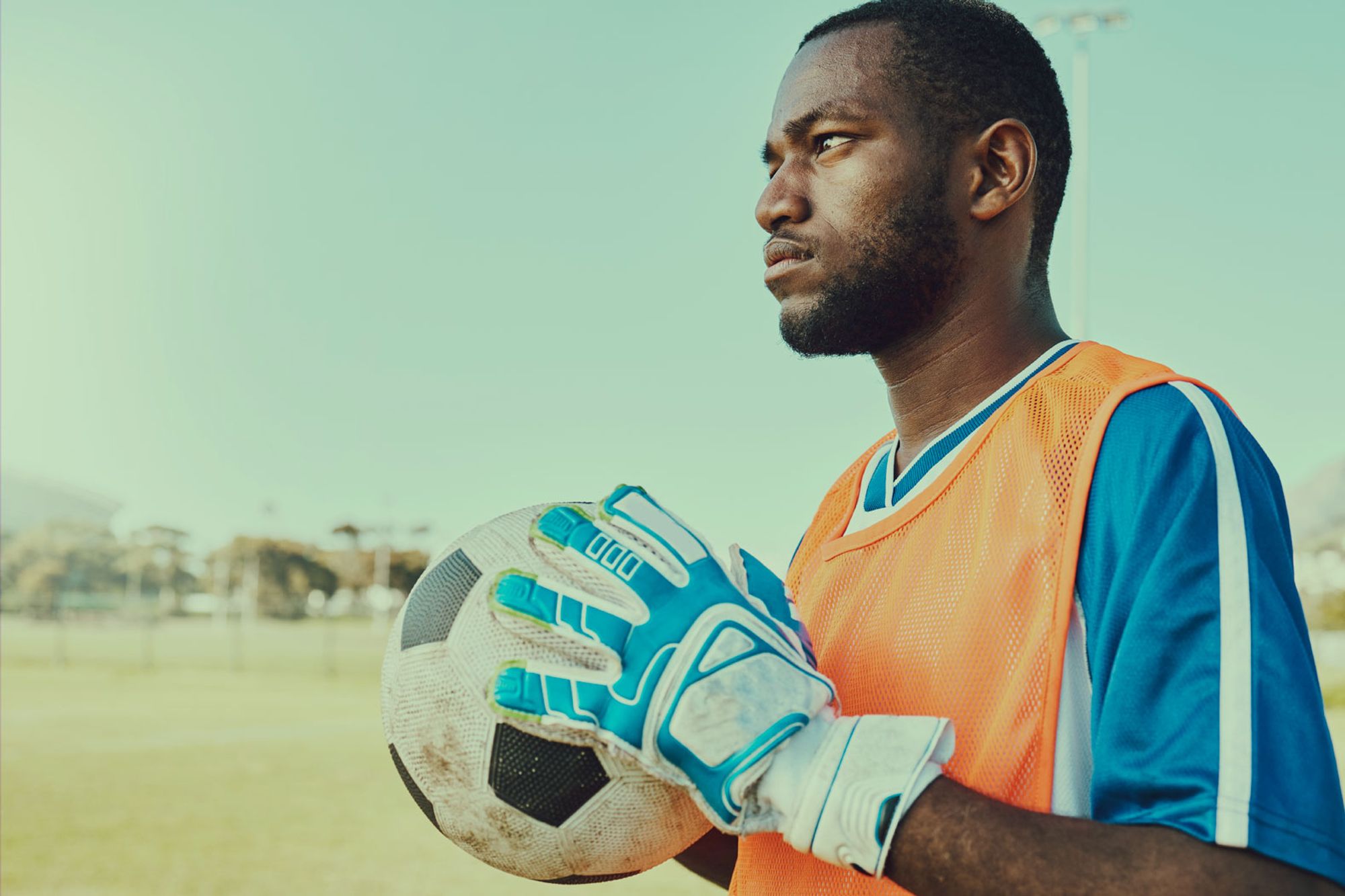
Understanding the psychological impact of the goalkeeper in football: keys to optimal performance
Antoine Roex, Keeper In Motion – 06 June 2024
Discover the crucial role of the goalkeeper from a psychological perspective in football. This article explores the unique challenges goalkeepers face, strategies for dealing with pressure and isolation, and the influence of their mental state on team performance. Learn how goalkeepers can build mental resilience and become psychological pillars for their team, illustrating the importance of psychology in top-level sport.
Error management and self-confidence
The position of goalkeeper is unique in that it puts enormous pressure on the player at every match. A simple mistake can have disastrous consequences, often resulting in a goal for the opposition. The ability to deal with these mistakes and bounce back quickly is crucial. This requires almost unshakeable self-confidence, which must be cultivated and maintained through constant psychological training and coaching. Goalkeeper training programmes often focus specifically on building this confidence.
Patience and the role of keeper
Patience is an essential virtue for goalkeepers, especially when it comes to their role within the team. Being or not being the starting goalkeeper can significantly influence their personal and sporting development. Goalkeepers need to maintain their concentration and commitment, whether in their starting role or as a substitute, always bearing in mind the long-term objective of their career.
Leadership and Emotional Intelligence
In addition to their physical and technical responsibilities, goalkeepers often take on a leadership role on the pitch. They have a privileged view of the game and are responsible for directing the defence. Emotional intelligence is crucial in this context, as it enables goalkeepers to understand and manage the emotional states of their team-mates, giving them confidence and motivation, particularly at critical moments in the match.
Concentration and vigilance
The ability to remain focused throughout the match, regardless of action or inactivity, often defines the quality of a goalkeeper. Games where there is less action can be particularly difficult, as a single moment’s inattention can change the course of the game. Psychological training helps goalkeepers maintain a high level of alertness and make key interventions, even under intense pressure.
These aspects of the goalkeeper’s psychological role highlight the importance of ongoing training and psychological support to help these athletes manage pressure, overcome challenges and excel in their sporting performance.
- Psychological Competencies of the Soccer Goalkeeper – Soccer Inter-Action
- Psychological Interventions Applied with Football Goalkeepers – Journal of Sports
- The Psychological Dimensions of Goalkeeping – Keeperstop
- Psychology & Mental Strength of Successful Goalkeepers – Top Goalkeeping
- Goalkeeper Psychology – KNP Sport Psychology
